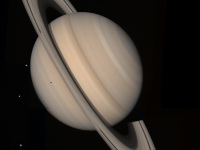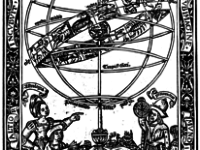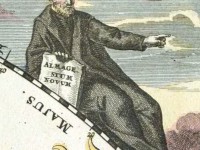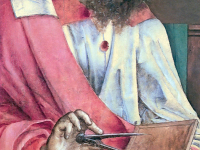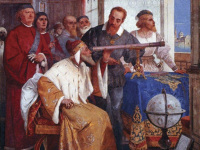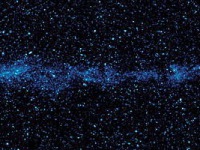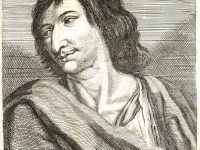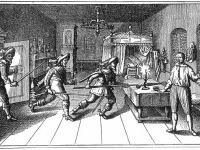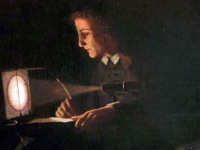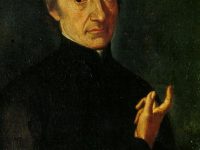Voyager and the Exploration of Saturn
On August 25, 1981, American space probe Voyager 2 passed Saturn and transmitted stunning pictures of the ring planet. The space probe had been launched by NASA on August 20, 1977 to study the outer Solar System and eventually to push forward into interstellar space. Until today, operating for more than 30 years the spacecraft still receives routine commands and transmits data back to the Deep Space Network, a world-wide network of large…
Read more

